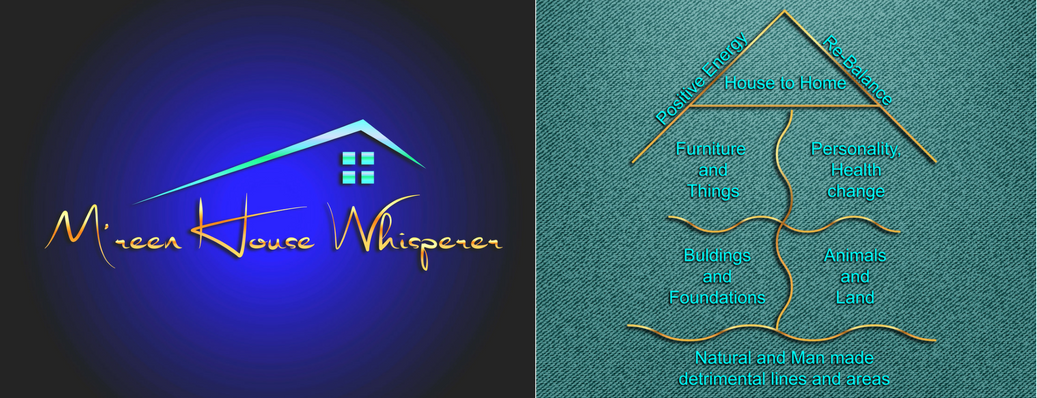Hawthorn blossom.
Listen Instead of
Correcting Others: What We Gain and Give
By David Munger
“When you judge another, you do not define them. You
define yourself.” ~Wayne Dyer
I have a tendency to want to show off what I know, and in
the worst cases, correct other people.
Instead of listening and connecting I
unconsciously try to sell to others an image of myself
that I wish to project. Some part of me believes that if
people are impressed with me
then they’ll like me and be interested in my knowledge
and point of view.
In this way I fall into the trap of constructing the
false self.
This is the person I wish for others to see, a person
without vulnerabilities, incorrect knowledge,
or who makes mistakes. A thing that is more of a
product than a person.
Many of us fashion these false selves not only as an
idealized version of ourselves,
but also to keep other people’s judgments of us at
bay. Before we realize what has happened,
we have made our skills and knowledge into weapons that
we wield on others while all the while
we hide our true selves behind a shield. Without planning
to, we have declared war.
The constructed, false self is a one-way gate. Like a
character in a stage play,
the false self puts sights and sounds out to the audience
while all the while it stands behind
the fourth wall of separation from the observers.
The audience sees the character, but the character
doesn’t see the audience.
I have someone in my life who deals with a fairly severe
mental illness.
Through most of my life I have tried to help him by
showing him what was “wrong” with his thinking and actions. I wanted to use my
logic and knowledge to set his perceptions straight.
I didn’t realize it at the time, but I was mostly
lecturing him. I did not listen and understand
his point of view, but instead stayed behind my shield
and wielded my weapons of logic at him.
I thought I was being a good influence.
Constructive influence, though, flows through positive
human connections.
When we judge others we sever those connections
and directly destroy our chances
of influencing others with our best information and
ideas.
But real, positive influence travels in both directions.
Discovering wisdom works best as a collaboration formed
through the conduit of relationships. There is give and take and neither person
needs to be “the right one.”
When we give others space to make mistakes, to have
different skills and expertise than our own, then we also give ourselves space
for the same things. No one of us is an expert at everything,
but when we come together we close the gaps into a
working whole.
A few years ago, while preparing for a volunteer program,
I took some training in listening.
I learned that it’s more valuable to reflect back what
people say,
and to show understanding of them without judgment.
I learned that if I showed understanding of the other
person’s feelings and thoughts,
that alone would ease their burden and do worlds of good.
I learned that acceptance and understanding aren’t
necessarily the same things as
approval and agreement.
We needn’t be afraid that we are compromising our own
views or knowledge
when we simply choose to understand another’s.
In fact, the openness of understanding can strengthen our
own point of view.
We must receive what we wish to give and give what we
wish to receive.
If we want to be listened to, then we must listen to
others.
If we want to be valued for what we know, then we must
value others for what they know.
And if we want to be forgiven and loved, then we must forgive
and love others.
Lately I’ve been applying my new listening skills in
conversations with my mentally ill loved one.
I allow myself to relate to difficult things he
experiences and have even tried to be brave enough
to be honest when I see a bit of myself in him, when I
see the same passions, fears, and mistakes.
The funny thing is that by backing off I’ve gained more
of his trust.
By not pretending to have all the answers for him, I’ve
strengthened our bond.
Now I only give him my opinion if he asks for it.
Sometimes this comes after a long spell of silence, when
we are simply being together.
And I’m honest enough to tell him when I don’t have a
clue how to answer his question.
And you know, I’ve learned a whole lot from him, too.
Dave Munger is a software user interface designer living
and working in Chicago.
In his spare time he screws things up and learns a lot
from fixing them.
It’s a hobby. He recently launched his own blog at inneryonder.com.
Turbo Charged Reading: Read
more>>>Read fast>>>Remember all>>>Years later
You
can TCR music, poetry
or self development material for internal
knowing.
I
can Turbo
Charge Read a
novel 6-7 times faster and remember what I’ve read.
I
can TCR an
instructional/academic book around 20 times faster and remember what I’ve
read.
Perhaps
you’d like to check out my sister blogs:
All aspects of
regular, each-word reading and education.
Turbo Charged
Reading uses these skills significantly faster
www.ourinnerminds.blogspot.com
Personal business
development.
www.happyartaccidents.blogspot.com
just for fun.
To quote the
Dr Seuss himself, “The more that you read, the more things you will know.
The more
that you learn; the more places you'll go.”



No comments:
Post a Comment